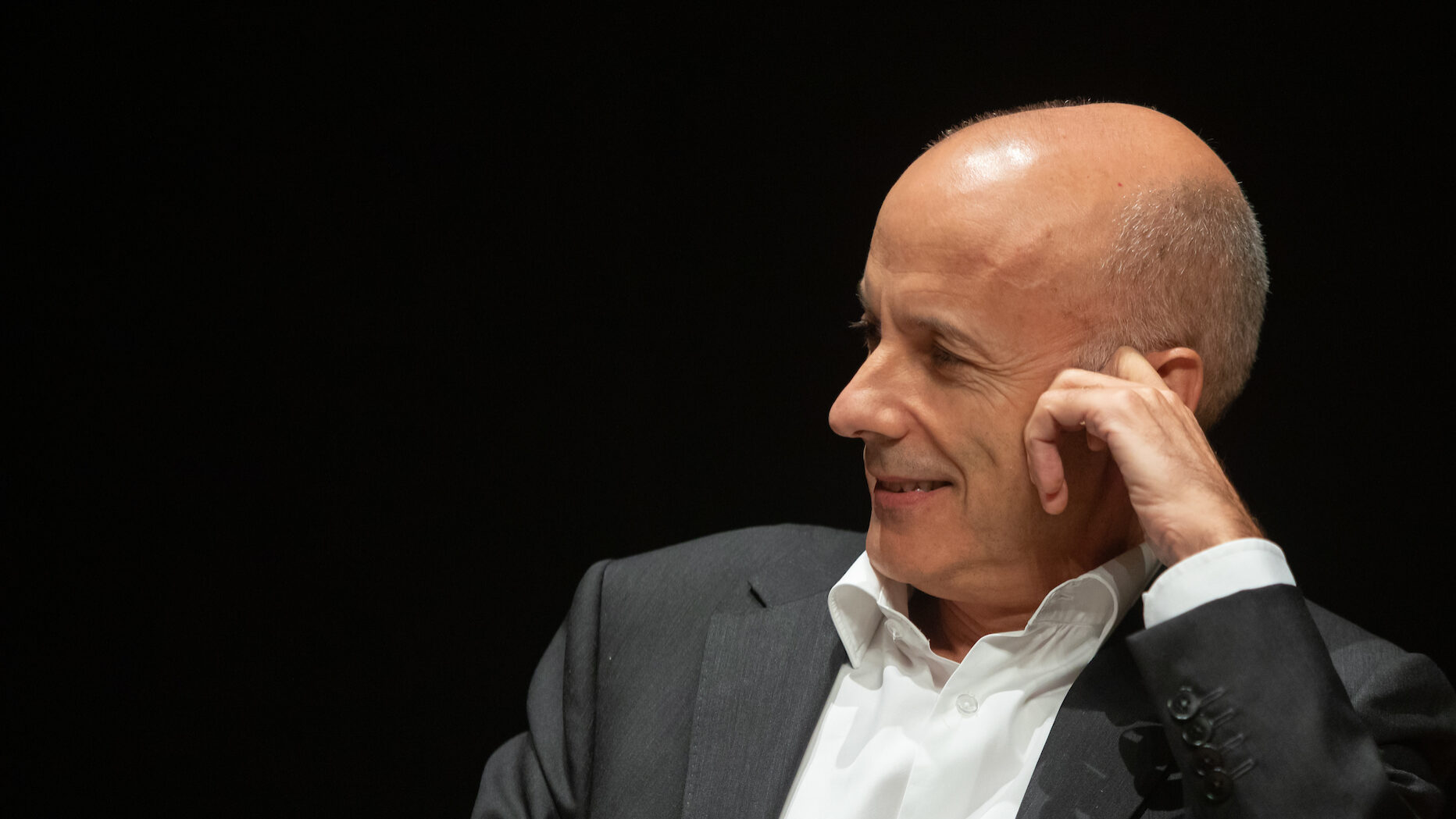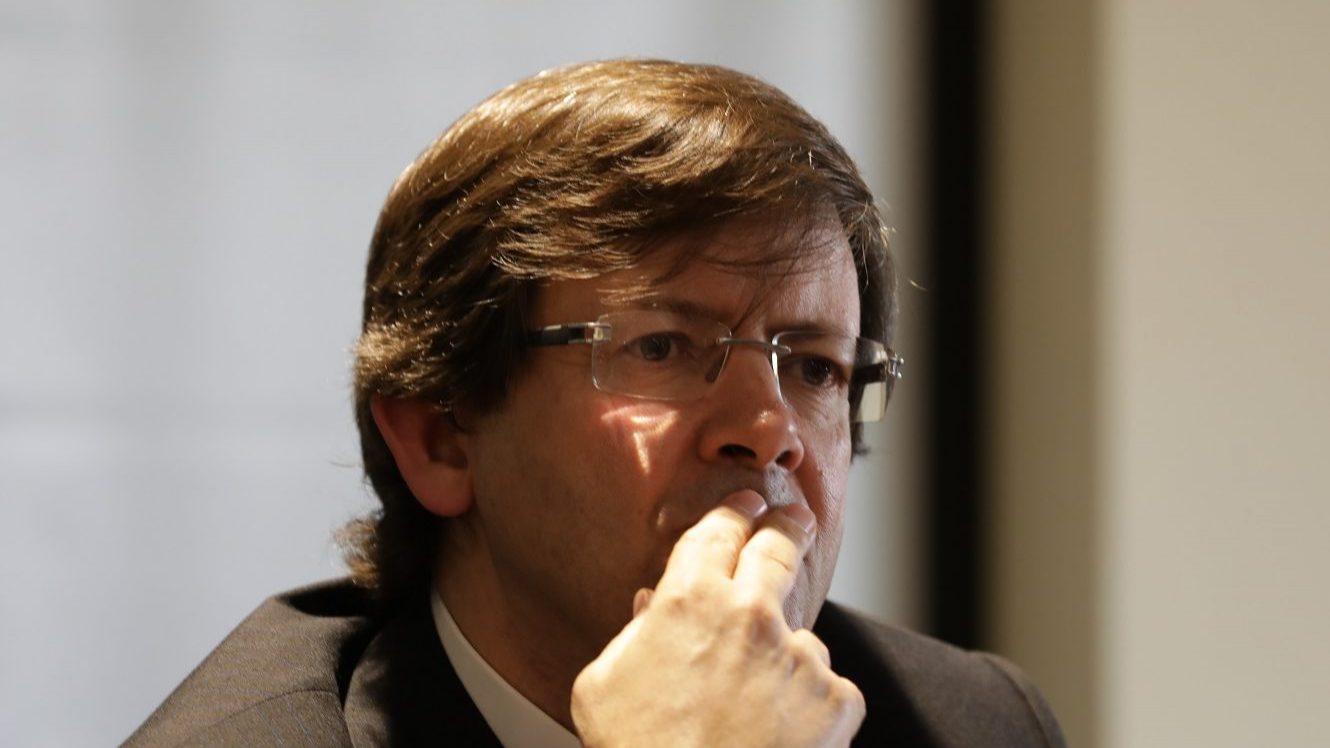Efacec announces completion of light rail project in Denmark
The Portuguese company has announced the completion of the Odense light rail project, in Denmark, whose electromechanical component was fully developed in a €50-million contract.
Portugal’s leading engineering company, Efacec, has announced the completion of the Odense light rail project, in Denmark, whose electromechanical component was fully developed in a €50-million contract, presented as “one of the largest of Portuguese engineering in sustainable mobility”.
To be inaugurated on Saturday, five years after the contract was awarded to a consortium made up of Efacec, Spain’s COMSA and Denmark’s MUNCK, the Odense light metro is highlighted by the Portuguese company as “one of the largest national engineering projects, as well as the most complex and comprehensive in terms of the application of skills, carried out internationally in the area of mobility by Efacec.
“Efacec was responsible for developing and installing the electromechanical component of the project, and its technology was integrated into all the energy, telecommunications, signalling and control centre systems,” it said in a statement.
According to the statement, “in addition to the typical requirements of a project with the characteristics of the Odense light metro, of high complexity and technological sophistication, Efacec had to respond to the most diverse challenges during the implementation phase of the project”, from “execution in the midst of the covid-19 pandemic crisis, to the resolution of constraints on the movement of people and traffic (vehicles and bicycles) during the course of the work, in a city with no experience of living with a metro system.”
Started in June 2017, the Odense project includes 14 kilometres of metro line, 26 surface stations, a command centre, 16 vehicles and 56 junctions, with an overall budget of 3 billion kroner (at 2014 prices), and is expected to carry 35,000 passengers daily.
“It is a remarkable and emblematic project that will shape the future of Odense, with integrated solutions in the fields of energy, mobility and environment, with digital connectivity present, Efacec’s core areas,” emphasises the company.
For Efacec, it says, the project is “a showcase for the company’s sustainable mobility products and solutions” and “a benchmark project that will enhance new opportunities, particularly in terms of participation in other international competitions.
“Just as previous projects were the driving force behind the winning of this project, other projects will arise due to Efacec’s success and participation in the Odense light rail system,” it adds.
Quoted in the statement, Efacec’s chairman and CEO, Ângelo Ramalho, states that “the inauguration of the Odense light rail is further evidence of Efacec’s technological competitiveness and of its teams’ ability to perform in the most diverse environments.
“The Odense light rail is an emblematic project in the area of mobility and is a living showroom of the various technological competencies needed to carry out a project of this nature – all developed and delivered by Efacec,” he continues. “The importance of the project, the great diversity and integration of technological solutions provided and the efficient execution allow Efacec to strengthen its competitiveness and consolidate its place as a reference in the world metro-rail sector.”
According to the company, the Odense project is the one that, of its entire portfolio, “includes the largest number of systems and features ‘made by’ Efacec” – from traction substations to catenary, railway signalling, communications, public information, video surveillance, telephony, vehicle location system and control centre.
The Efacec team involved in the project included more than 150 employees from its Transport, Automation, and Transformers and Switchgear business units. In all, 214 companies from 16 countries were involved, including partners and suppliers.
Also quoted in the statement, the director of Efacec’s Transport unit, Pedro Pinto, emphasised that the company is “nationally the only one with the skills in all the technological areas required by the project” – stressing that “the success of the Dublin and Bergen metro, as well as other emblematic projects in the area of intelligent and sustainable mobility developed by Efacec in the national and international market were essential for its achievement.”
Efacec’s experience in the supply of electromechanical systems for metros and light rail goes back more than 25 years, having started with the supply of substations for the Lisbon metro.
“From that date to the present, the projects have been successive,” said the company, recalling that “in 1997, it had a very significant participation in the construction of the Porto metro network, which was followed by many similar projects in various countries: Messina (Italy), Tenerife and Cadiz (Spain), Algiers, Oran and Constantine (Algeria), Nottingham (United Kingdom), Rio de Janeiro (Brazil), Dublin (Ireland) and Bergen (Norway).”
Currently, Efacec is participating in the construction of the fourth phase of the metro in Bergen, Norway, the Sydavnen Line of the Copenhagen metro, and the extension of Lisbon’s Yellow Line and the new circular line of the Porto metro.
Operating in the energy, mobility and environment sectors, Efacec acts as a supplier of solutions and integrated EPC (Engineering, Procurement and Construction) systems and an O&M (Operations & Maintenance) service partner, with a presence in Europe, the US, Latin America, Asia, Middle East, Maghreb and Sub-Saharan Africa.
Efacec is in the process of being sold by the state to Portugal’s DST SPGS, with the minister of economy, António Costa Silva, having recently said he hoped to finalise the deal by the end of June, as part of the company’s reprivatisation. The state had taken over the company in the wake of the legal problems of former majority shareholder, Angolan businesswoman Isabel dos Santos.
Portugal’s Competition Authority (AdC) has adopted a position “of non-opposition” to the operation, after the DST group on 29 April notified the regulator of its intention to acquire sole control of Efacec.


